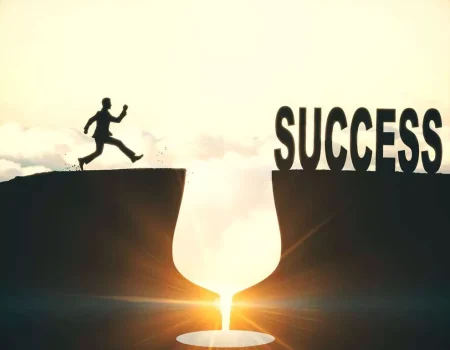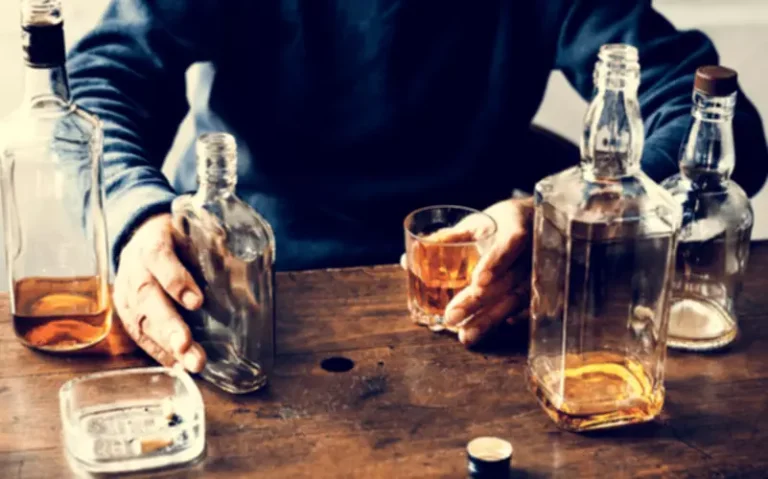
Other pursuits in life that once brought pleasure and balanced out the lows no longer do so. Letting go of the past, accepting your present and opening yourself up to a new way of living isn’t an easy thing to do, especially in the beginning. The 12-step road to recovery can appear pretty intimidating to someone who is just starting out, but solutions exist. Feeling powerless makes us believe that there is nothing we can do.
Is Powerlessness Part of Alcohol Use Disorder Criteria?
Ambrosia was founded in 2007 with a mission to provide truly individualized substance abuse treatment to every person who enters one of our programs. Join our supportive sober community where each day becomes a step towards personal growth and lasting positive change. Some people believe AA is intricately tied to religion by seeking a “higher power.” Rather, AA members are encouraged to understand they’re powerless in changing their addictive behavior. In fact, many members don’t perceive a need for a “higher power.” Instead of seeking spirituality, which helps in recovery, they seek assistance from the AA fellowship.
Admitting Powerlessness Encourages Acceptance

Are you worried you or a loved one have a drinking problem? Take a look at the Alcohol Abuse Screening Quiz to see how symptoms compare. This is an example of a mental obsession – a thought process over which you have no control. Our family therapy program is second to none.Learn how we can help your family by calling a Treatment Advisor now.
Drugs & Supplements

Members of Alcoholics Anonymous or Al-Anon Family Groups present some great insight into the healing principles of the 12 steps. Many have said that taking that first step is one of the most difficult things to do. But there are concrete skills you can use to hone your assertiveness and advocate for yourself. Get the help you need from a therapist near you–a FREE service from Psychology Today.
- To learn more about our vision and treatments, please contact us today.
- “We admitted we were powerless over alcohol” is, of course, Step One of Alcoholics Anonymous.
- The truth is we cannot do or fix everything, regardless of how hard we try or how much we want it.
- The problem is the alcoholic’s mental obsession with alcohol is much more subtle than a song playing in one’s mind.
- It is a gateway to freedom and a proclamation of progress.
Studies show most people can reduce how much they drink or stop drinking entirely. It’s so easy to blame other people for our problems, but recovery requires us to take personal responsibility, and that’s exactly what Alcoholics Anonymous teaches. It’s your responsibility to stay engaged in your recovery and work with your sponsor. It’s your responsibility to be open and willing to treatment and growth.
What is Admitting Powerlessness Over Alcohol or Drugs?
Once you realize what you can and cannot change, you’re actually quite powerful. Powerlessness refers to a lack of control, and it helps you realize that there are things you can do to treat your addiction and create the life you want. Although powerless over alcohol you can’t change your addiction, you can learn how to live a sober life in recovery. This is because you still need to take action to overcome addiction. Not all peer-led mutual support organizations believe in this idea of powerlessness.
- To acknowledge the way these substances have impacted your life is to admit that alcohol and drugs have made your life unmanageable and you can’t fix it on your own.
- The National Council on Alcoholism and Drug Dependence offers a detailed and complete definition of alcoholism, but the most simple way to describe it is a mental obsession causing a physical compulsion to drink.
- This step of accepting powerlessness from the 12-Step process of recovery essentially highlights the power of drugs and alcohol over our lives.
- With continued use of alcohol or drugs, nerve cells in the basal ganglia “scale back” their sensitivity to dopamine, reducing alcohol’s ability to produce the same “high” it once produced.
- Whatever the reason, admitting powerlessness is to say that practicing self-control does not undo the effects of drugs or alcohol on the brain.
- While many peer support groups have adopted or adapted the 12 Steps to fit their philosophies, LifeRing and these other secular organizations have not.
You can no more overcome your addiction all by sheer force of will than others can treat their cancer or diabetes without the help of medical professionals. When you become lost, you consult a map or ask for directions. If you stubbornly forge ahead without an accurate idea of where you are and where you are headed, the road will be that much longer and frustrating. Although you may be powerless in the fact that you struggle with addiction and have no control over it, you are not powerless over the actions you can take because of that knowledge. By accepting the things you cannot change and understanding that it’s possible to change the things that are within your control, you open yourself up to options that can help you heal.
Power & Control
You must first adopt attitudes and actions of being honest and sacrificing your time and energy to help yourself and other sufferers. Step 1 of AA can be one of the most difficult on your journey to sobriety. You must first admit powerless over alcohol and be honest with yourself about the situation. “We admitted we were powerless over alcohol—that our lives had become unmanageable.”
- Rock bottom gives you the motivation to open your mind to recovery.
- The latest results are important because the researchers delved deep into data about people who previously drank but later quit, possibly due to health problems.
- We highly recommend you do not attempt to detox on your own.
- From step one, you can continue to the rest of the 12 steps and 12 traditions.
- There’s not a simple pill you can take to cure this disease.
- Symptoms from alcohol withdrawal can become very uncomfortable or painful.

Rarely, severe pain after drinking alcohol is a sign of a more serious disorder, such as Hodgkin’s lymphoma. In some cases, reactions can be triggered by a true allergy to a grain such as corn, wheat or rye or to another substance in alcoholic beverages. Alcohol intolerance can cause immediate, uncomfortable reactions after you drink alcohol. The most common signs and symptoms are stuffy nose and skin flushing. The American Medical Association recommends a two-drink daily limit for people assigned male at birth (AMAB). Heavy drinking in this population is five or more drinks in one day or 15 or more drinks in a week.
